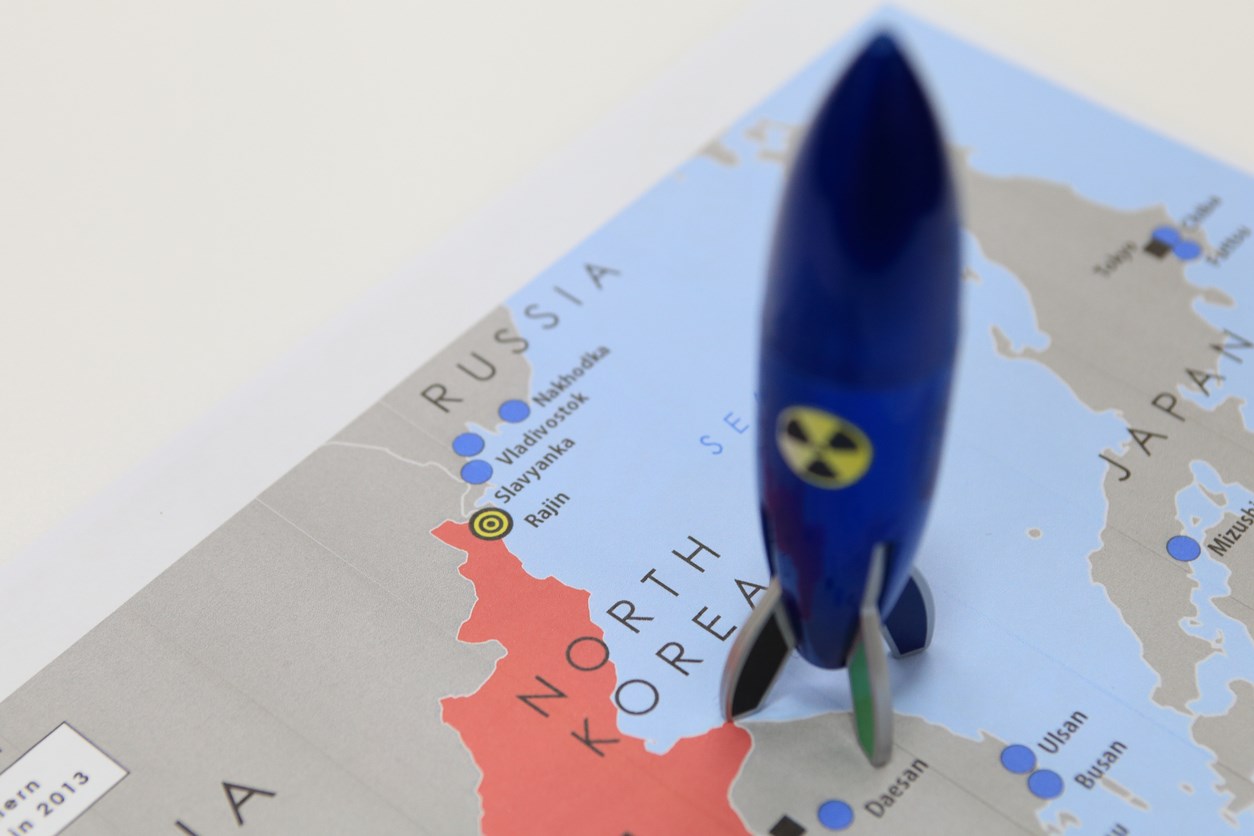War with North Korea - By the Numbers

The sabre-rattling between the U.S. and North Korea continues as Guam is threatened and citizens are reportedly investing in bunkers. What should you invest in when wars of words threaten to become hot?
What would a hot war with North Korea cost? And with all of our existing debt and expenses, how would your current investments hold up? Is it time for a critical rebalancing of your portfolio in light of geopolitical uncertainties and realities? What are the knowns and unknowns with North Korea and what can you do to prepare?
The War on Terror currently encompasses 8 countries and has been the second costliest conflict in U.S. history, second only to WWII, adjusted for inflation. Adding North Korea would explode costs and debt beyond all reason. The War on Terror has added $2 trillion to our national debt so far, and the Congressional Research Service estimates a conflict with North Korea would add at least another $341 billion. More alarmingly, a top North Korea expert claims the aftermath of a North Korean overthrow could cost $10 trillion, conservatively.
Reunification with South Korea in the event of a North Korean defeat would be exhorbitantly expensive. In the 50 year span since the war that resulted in their division, North Koreans have developed a vastly different culture and education levels from their counterparts in the southern portion of the peninsula. Assimilation would not be easy given the decades of separation and psychological oppression the North Koreans have suffered. In the long run, it would hopefully prove to be a net positive, but in the short term, it would be chaos.
Not included in the aforementioned costs would be the standstill in global trade that would result from a very disrupted South Korea. Apple would be impacted as well as car manufacturers and multiple electronics and manufacturing powerhouses like Samsung. This adds an estimated $350 billion to the cost according to Foreign Policy magazine. Will that impact stocks all the way over in the United States? How could it not?
Our national debt is approaching $20 trillion and we have $50 trillion in unfunded liabilities staring us in the face, namely, your social security and medicare payments. Obviously if we are attacked we have to respond, but a pre-emptive strike would cause major volatility for our currency and markets.
War does not make economic sense for anyone. Some would point out that the War on Terror has added 18 million jobs to the economy, but what is unseen are the 38 million jobs we would have gained had we invested in education instead. Our full economic recovery would be solid and complete by now.
War is not rational, but you need to be when it comes to preparation and your portfolio. Gold and other safe haven assets are especially coveted in times of conflict and uncertainty. Just the mere talk of war tends to spike the gold price, and indeed it already has. Gold is up 12% this year already and North Korea tensions are a big driver, especially very recently.
But this is not just about war. What if more political uncertainty and increased debt become the tipping point for the next market sell-off? What if this is the last leg down for the dollar? Are you comfortable with the level of your gold holdings if that becomes the reality?